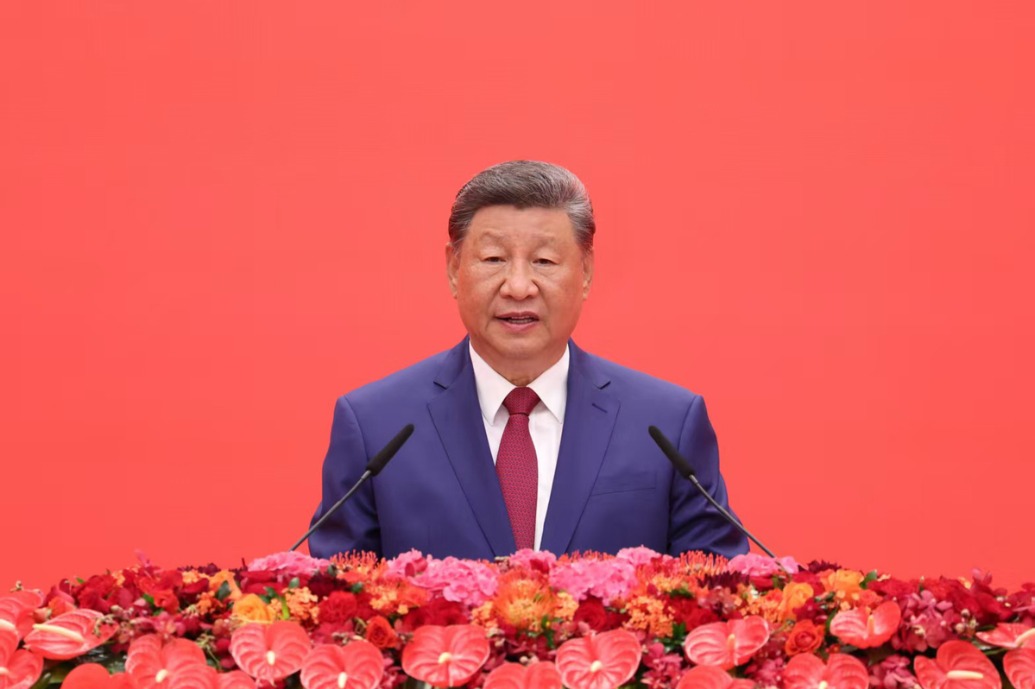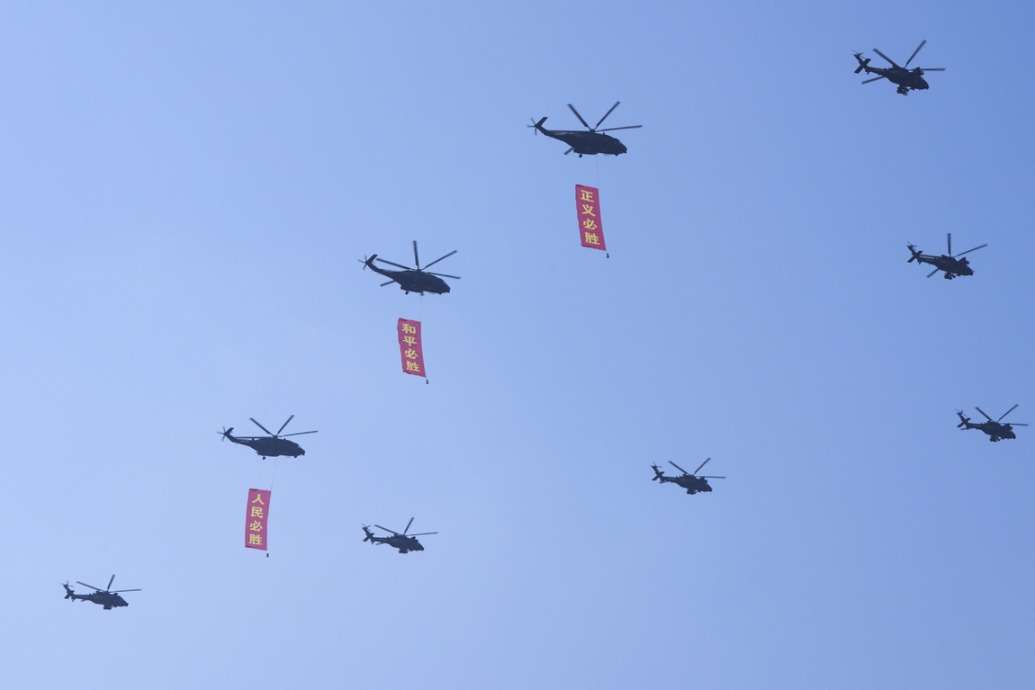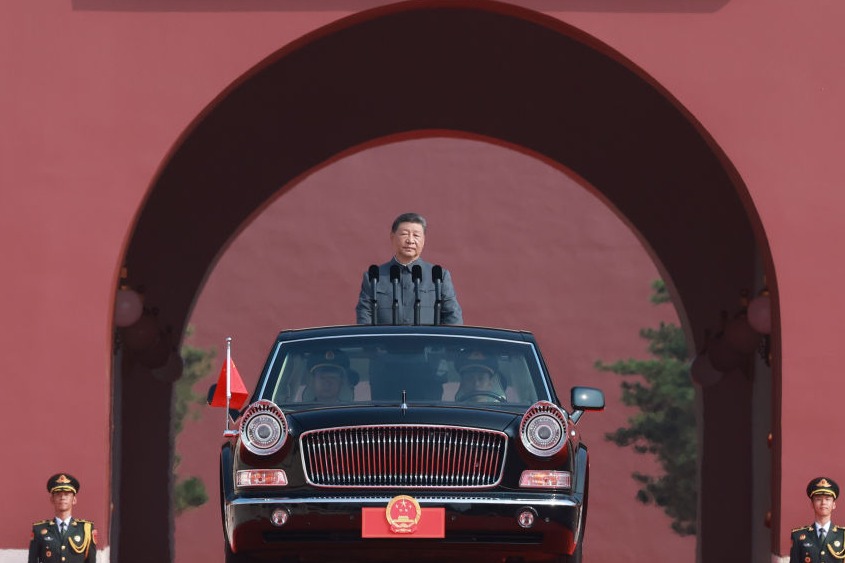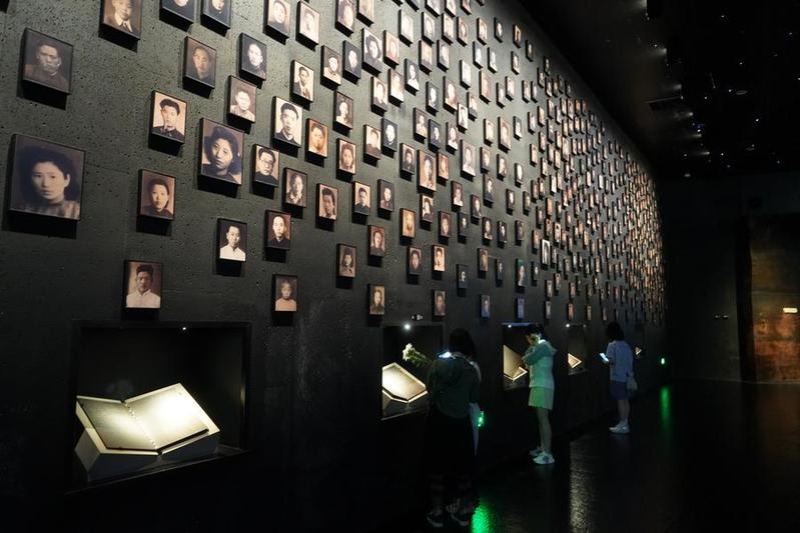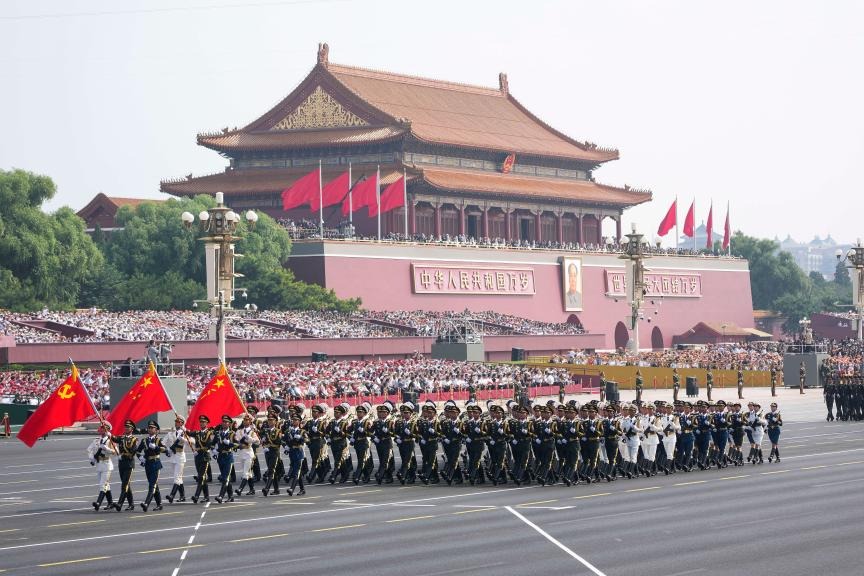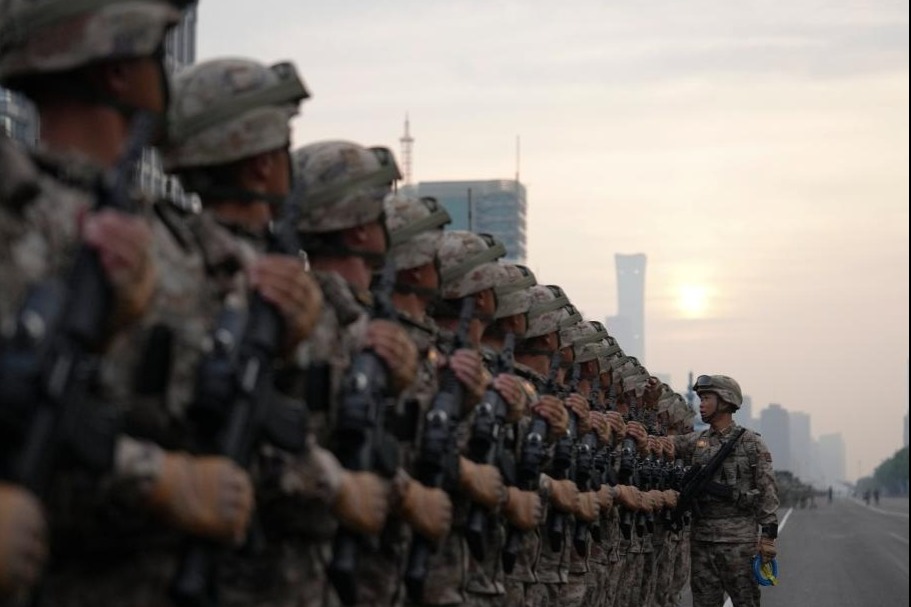Winter Olympics brings back memories of 2008 Games

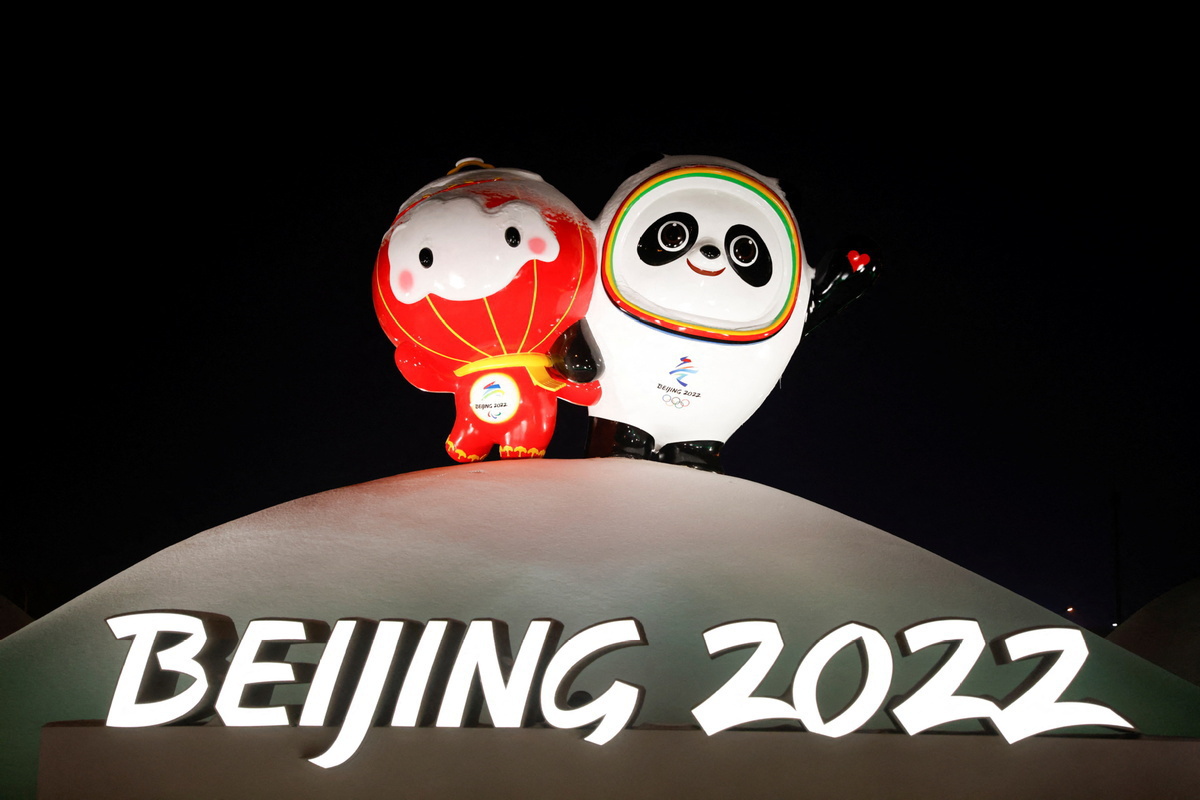
Watching the recently completed Beijing 2022 Winter Olympics from a distance on TV, the only avenue available to all but some, due to measures taken to prevent the spread of COVID-19, memories of watching the 2008 Games as a spectator in the Beijing Olympic Park flooded back. Naturally, the memories from being in the stand, soaking up the atmosphere, feeling the buzz and taking loads of photos. Yet, at any Olympics, the vast majority of followers cannot be there and rely on great camera work from the broadcasters and often battle time zone differences to see the action live.
Those memories were also a reminder that Beijing had become the first city ever to host both Summer and Winter Olympics, just one of many records we saw broken on and off the field this year. The wisdom of maintaining many of the iconic venues from 2008, which also allowed many international visitors, including my students, to experience the Olympic Park in the last decade, was evidenced as five Winter Olympic venues were legacy venues from 2008.
The challenges of holding Olympic events amid a pandemic were already evident in Tokyo for the delayed Summer Olympics last year, where, with fans from abroad already banned months in advance, a state of emergency over a COVID-19 outbreak meant that the Games ultimately had to be played without spectators. For Beijing's Winter Olympics, the same ban on foreign fans attending had to apply, but the organizers found ways to allow around 150,000 local spectators to be at the events. Careful selection of those in Beijing allowed to attend and the following of strict protocols to prevent the spread of the virus were successful. The presence of spectators made an important difference to competitors.
To protect athletes, team officials, other stakeholders and the local community, a closed-loop system was implemented. The IOC President, Thomas Bach, stated that the bubble was one of the safest places on the planet, if not the safest. Since January 23, 1,873,113 airport and screening tests were conducted for the Games with an infection rate of just 0.01 per cent. Bach observed that, if everybody is respecting the rules in solidarity, you can even have such a great event like the Olympic Games under the terms of a pandemic.
The 2008 Beijing Olympics are famous for the raising of the bar in terms of the quality and artistry of its opening and closing ceremonies, and this creativity was in evidence for the Winter Games, in a ceremony reflective of our times. The opening ceremony achieved the highest global audience reach ever for such an event at a Winter Olympics.
As I learned from a friend on the 2008 Paralympic Organising Committee, Beijing was committed to an equally spectacular event for the Paralympics, including ensuring that the same iconic venues were used, a practice that had not always been followed in other countries, and this was also demonstrated again for the Winter Games this year. The Games were also the most gender-balanced Winter Games ever with 45 per cent women and 55 percent men.
Every Olympics brings incredible performances from competitors and there were 17 Olympic and 2 World records broken in Beijing this year. New events appeared including women's monobob, variants of freestyle skiing, and mixed team snowboard cross. However, records were not limited to events on the field. In a global pandemic, these were the most digitally engaged Olympic Winter Games ever, with billions of engagements across digital platforms. The Olympic website and app for the Winter Games alone reached a record 64 million people.
A goal of every Olympics is to inspire spectators globally to take up more sport and this particularly applies to citizens of the host nation. Beijing 2022 will have a legacy of engaging millions of people across China in winter sports. Already agreements have been signed aimed at ensuring that curling and sliding sports have a lasting presence including continued use of Beijing 2022 facilities.
The global pandemic has denied people their special experiences in many aspects of life around the world and it has been very important that China was able to bring the iconic Winter Olympics into our lives so successfully in challenging circumstances.
Colin Speakman is an economist from the UK and an international educator specializing in China.
The opinions expressed here are those of the writer and do not necessarily represent the views of China Daily and China Daily website.
If you have a specific expertise, or would like to share your thought about our stories, then send us your writings at opinion@chinadaily.com.cn, and comment@chinadaily.com.cn.



















